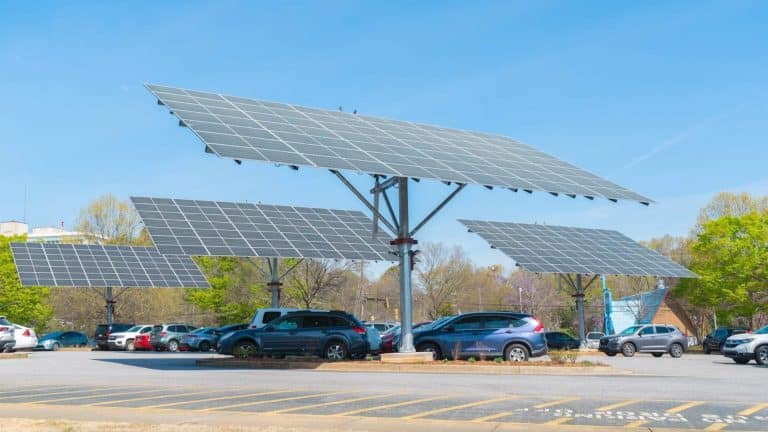Brady Watson, former Civic Engagement Coordinator for the Southern Alliance for Clean Energy also contributed to this blog post.
This post is part of a series examining where 2022 candidates running for public offices in the Southeast stand on key energy and climate issues. Note: The Southern Alliance for Clean Energy does not support or oppose candidates or political parties. Links to reports, candidate websites, and outside sources are provided as citizen education tools.

In this blog post, we examine the policies and positions of Governor Ron DeSantis, the incumbent Republican Governor in Florida running for re-election. Also in this series, we profile U.S. Representative Charlie Crist, the Democratic nominee for Governor in Florida. Election Day is November 8, 2022, and also features an election for the U.S. Senate in the state of Florida between Democratic nominee Val Demings and incumbent Republican Marco Rubio.
Ron DeSantis attended Dunedin High School and attended Yale University where he played baseball. He also graduated from Harvard Law School with honors. While at Harvard, he joined the U.S. Navy as a JAG officer. DeSantis was elected to Congress in 2012 and has served as Governor since 2019.
Renewable Energy and Energy Efficiency
As governor, DeSantis vetoed an unpopular net metering bill that would have crippled rooftop solar development in Florida. He opposes the Inflation Reduction Act and its clean energy investments as being too partisan.
Climate Change
On climate change: Governor DeSantis said, “What I’ve found is, people when they start talking about things like global warming, they typically use that as a pretext to do a bunch of left-wing things that they would want to do anyways. We’re not doing any left-wing stuff.”
“Be very careful of people trying to smuggle in their ideology. They say they support our coastline, or they say they support, you know, some, you know, difference, our water, environment. And maybe they do, but they’re also trying to do a lot of other things.”
In 2021, Governor DeSantis signed a ‘preemption bill’ that prevents local governments from restricting or prohibiting, “or anything that has the effect” of doing so related to fuel sources.
Electric Transportation
In 2020 and 2022, the DeSantis administration focused Volkswagon Mitigation funding to electric vehicle infrastructure. In 2020, 100% of the VW money was allocated for electric (buses and EVSE). In 2022, he announced an additional $68 million in electric bus purchases.
In 2021, Governor DeSantis signed a law preempting gas station regulations that could require electric charging infrastructure.
Energy Equity and Energy Burden
Governor DeSantis appoints members to the Florida Public Service Commission. Those appointees approve rates and set conservation goals for major utilities. The state’s utilities rank very low in capturing energy savings for customers through utility-led energy efficiency programs. This can lead to bills that are higher than necessary. The Commission has the opportunity to update and modernize the way goals are set but has been slow to do so.
High-Risk Energy: Coal, Nuclear, Oil, Gas
DeSantis has not made good on his campaign promise to ban fracking.
Voter Information
The voter registration deadline for the Governor’s election in Florida is October 11, and early voting varies by location. Election Day for the 2022 midterms will be held on November 8, 2022. Find voting information in Florida.
Read the Where the Candidates Stand on Climate and Clean Energy Blog Series
#CandidatesOnEnergy2022


